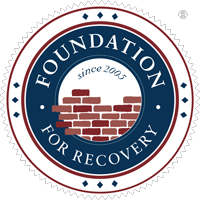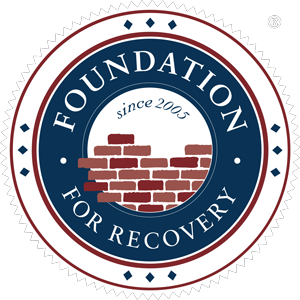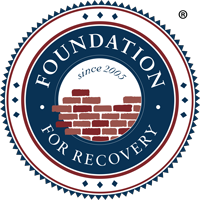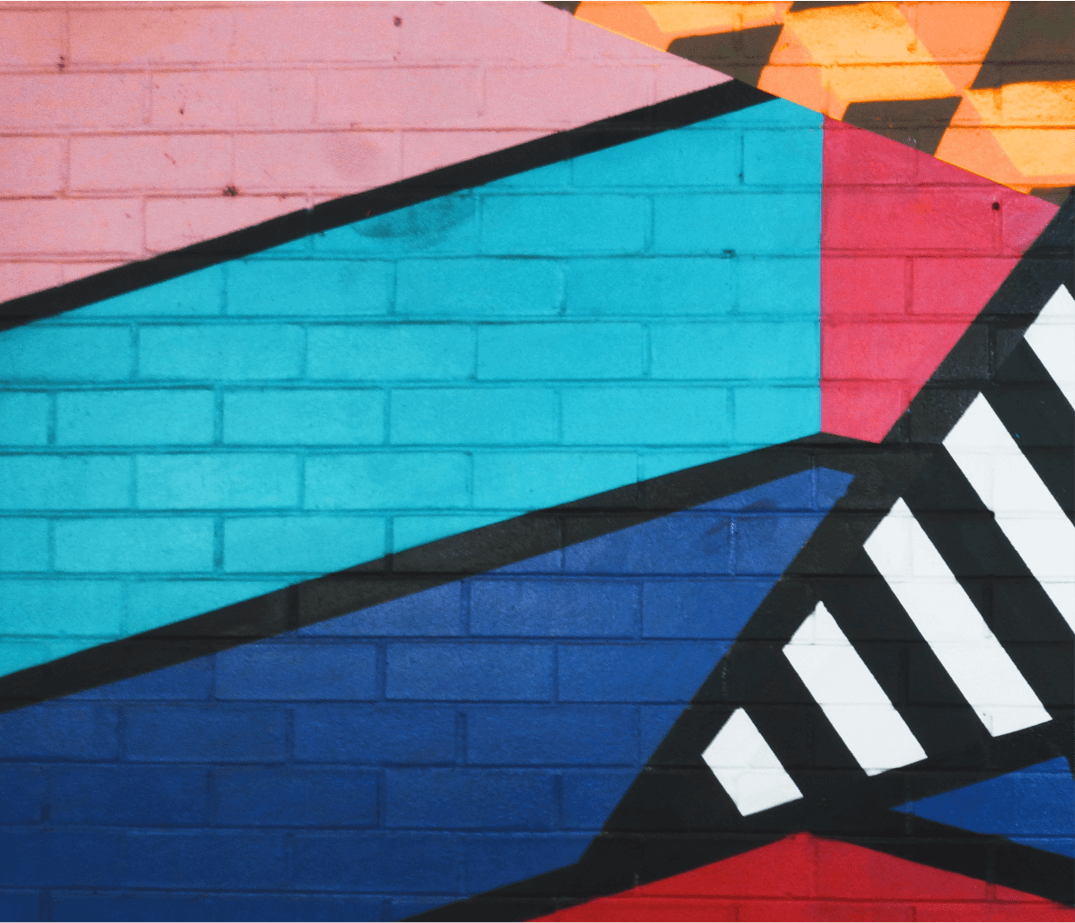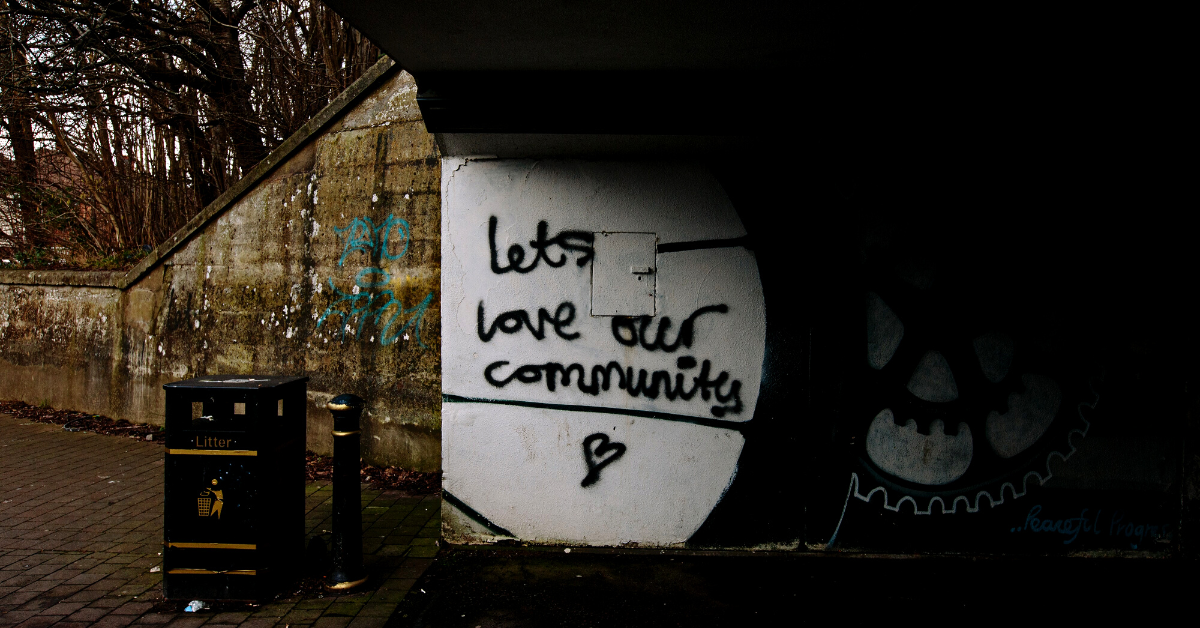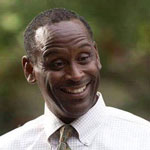
Can you tell us a little about your background and connection to our cause?
Born and raised in Baltimore Maryland, I never knew my father and only saw my mother 6 times in my life. My grandmother raised me. I was good in school and an athlete, but I also loved the street life. I started using substances around the age of 11 and found my abstinence pathway of recovery at 37.
Some of the major events in my life: I was one of the last to be drafted in the military in 1972 and I spent 7 years and 4 months on active duty. I was discharged from the army in 1979 and attended San Diego Mesa Community College where I received an associate of science degree in Architectural Technology. Afterward, I attended Arizona State University in 1982. I graduated from ASU in 1986 from the college of Architecture with a Bachelor of Science in Design. In 1988 my using caught up to me; I got fired from the state land department, left my family and spent the next two years on the streets. A judge sentenced me to long term treatment in 1990 and I have been in recovery ever since.
How did you learn of Foundation for Recovery?
I have attended the last two Recovery Awards Dinners and discovered the work of the Foundation through my relationships with others in the recovery community.
What is your vision for recovery and how do you hope to help create that in our society? My vision has always been to help the person who is suffering and person who is recovering. To provide opportunities for people with substance use disorder so they can recover and learn to live life on life’s terms. I personally have been doing a jail meeting for the past 29 years where I’m able to carry the message of recovery and help others by sharing my life experiences. I believe it’s crucial for the recovery community to mobilize and effectively communicate our experiences to professionals and politicians so they can learn from those with lived experience. One of my personal passions the last few years has been to reach out to veterans and provide support. I believe that if the 23 million Americans in recovery can each do our small part to reach out to the next person who is struggling, we’ll have a profound impact on addressing substance use disorder in today’s society



